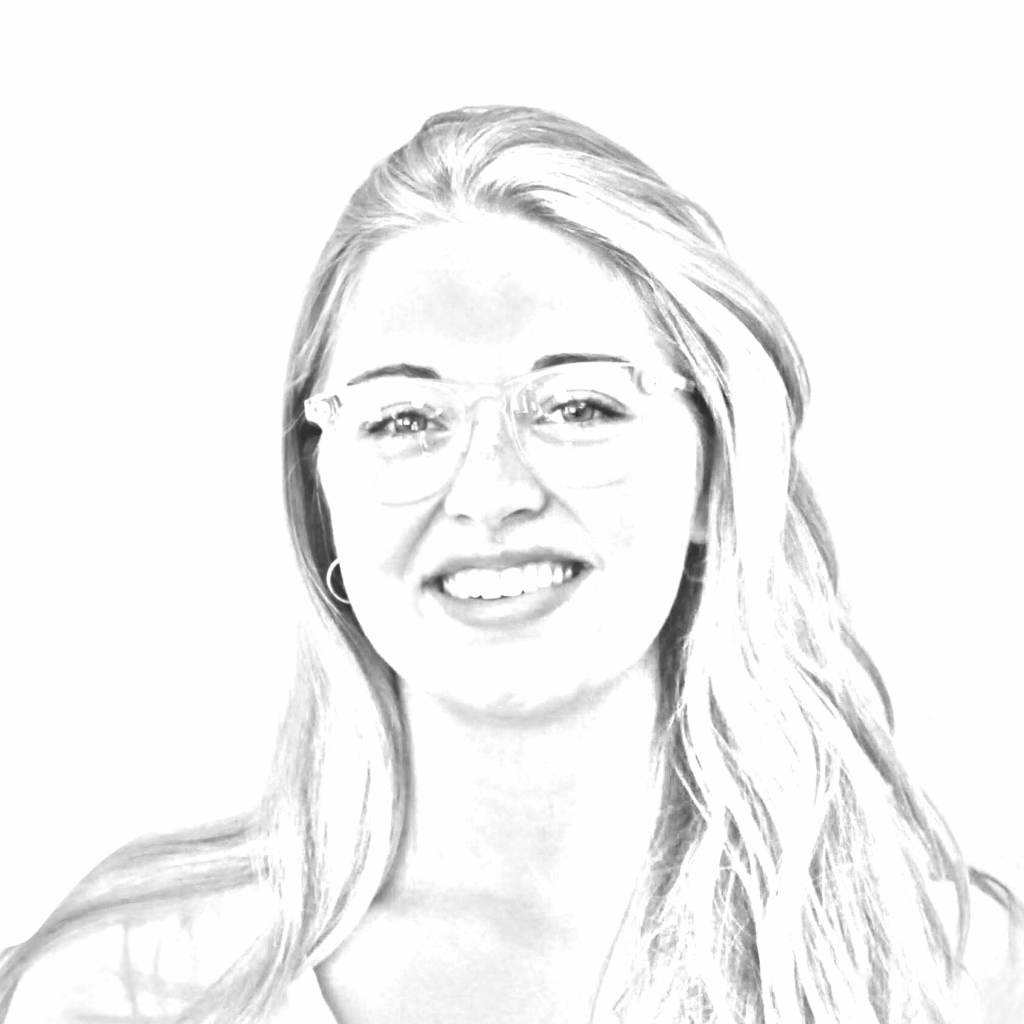At Georgetown, I am rarely alone — physically or mentally. Throughout the school day, I am surrounded by classmates and professors; in the evenings, I see my roommate, my friends and other students at club meetings.
In part because of this scheduling, I am also always surrounded by aspects of my identity at Georgetown. My identity is apparent in my class schedule, in my extracurriculars and in how and with whom I spend my free time. My mind is always filled with to-do lists and ideas for everything I’m involved in.
Because of the constant presence of these reminders, I rarely have to think about who I am; I’m surrounded by the aspects of myself that I set in place freshman year, and now I can spend my time running between them.
Studying abroad, I find myself spending much more time alone. In Copenhagen, university students don’t live on campus, so I spend time biking to and from school each day. Only a small percentage of abroad students from my program live in my kollegium, a type of off-campus university housing for students. This setup means I have much more time dedicated to solo thought — while I’m commuting, while I’m grocery shopping or cooking and when I’m debating how to spend free time between classes. Surrounding myself with other people takes more foresight here than at home, and the extracurricular-dedicated space in my brain is unused, swimming with musings and self-reflection.
Being away from the people and activities that normally fill my headspace and ground me in my identity has also added a new dimension to introducing myself. At Georgetown, I know who I am: Alexandra, COL ’20, from New York City, writer for The Hoya, board member of the Prison Outreach program, etc. When I list my year and hometown and extracurriculars at Georgetown, students and professors understand and interpret it as a relatable and comprehensible identity; they are able to deduce who I am based on what I do.
Here in Copenhagen, most of these identifiers are foreign and don’t carry weight: I have to think of new ways to label myself. When introducing myself to other study abroad students, being a Georgetown student is first and foremost; when introducing myself to Danes, it is being “from the States.”
Beyond geography, I have to do a new sort of interpretation: Instead of saying I write for The Hoya, should I say I’m a writer? What do I say I do in my free time, when usually I spend it getting ahead in classes or attending club events? What could I truly see myself doing once I graduate?
This identity evaluation has also placed more weight on a part of myself I don’t typically discuss — my Scandinavian roots. Since I am about 50 percent Norwegian, I look fairly Scandinavian and am frequently mistaken for a Dane. Much of the time I reply to people who speak to me in Danish by explaining that I have some Norwegian genes.
Mentioning so frequently an identity that is typically not on my mind has not only made Danes feel better about mistaking me for one of them but has also amplified my interest in learning about my ancestors. Denmark and Norway are geographically similar and share much of their social and legislative structure, so being in Copenhagen and learning about Scandinavia has made me feel newly connected to a part of my cultural identity that I don’t frequently consider; physical and mental alone time has freed up space to explore a new part of my identity.
Since studying abroad involves more solo activities than being at home, being alone feels much more normal. When I do things alone at Georgetown, I usually wonder if I should be with someone; when I don’t go to an event I wonder if I’m missing something memorable. Should I do a CVS run without asking if people need things, or should I invite a companion? If I’m tired should I still go to a party so I don’t feel like I missed out?
Since solo exploration and discovery are so much more commonplace abroad — and when you’re living more independently than on a U.S. college campus — staying in on a night out or running errands alone feels less intense; there is much less fear of missing out.
This normalization of alone time is rewiring my brain to better understand the benefit of doing some things by myself — having time to hear my own thoughts, growing more accustomed to and comfortable with independence and better understanding my own identity.
Distance from my identifiers, and from academic and social events, has allowed reflection and personal growth. When you’re removed from your relevant context and forced to think more critically about why you do what you do — what classes you take, what clubs you participate in — you start getting closer to understanding who you are.
I definitely still don’t know exactly who I am, but whenever I spend time alone or think about how to introduce myself to someone new, I get a little bit closer.









